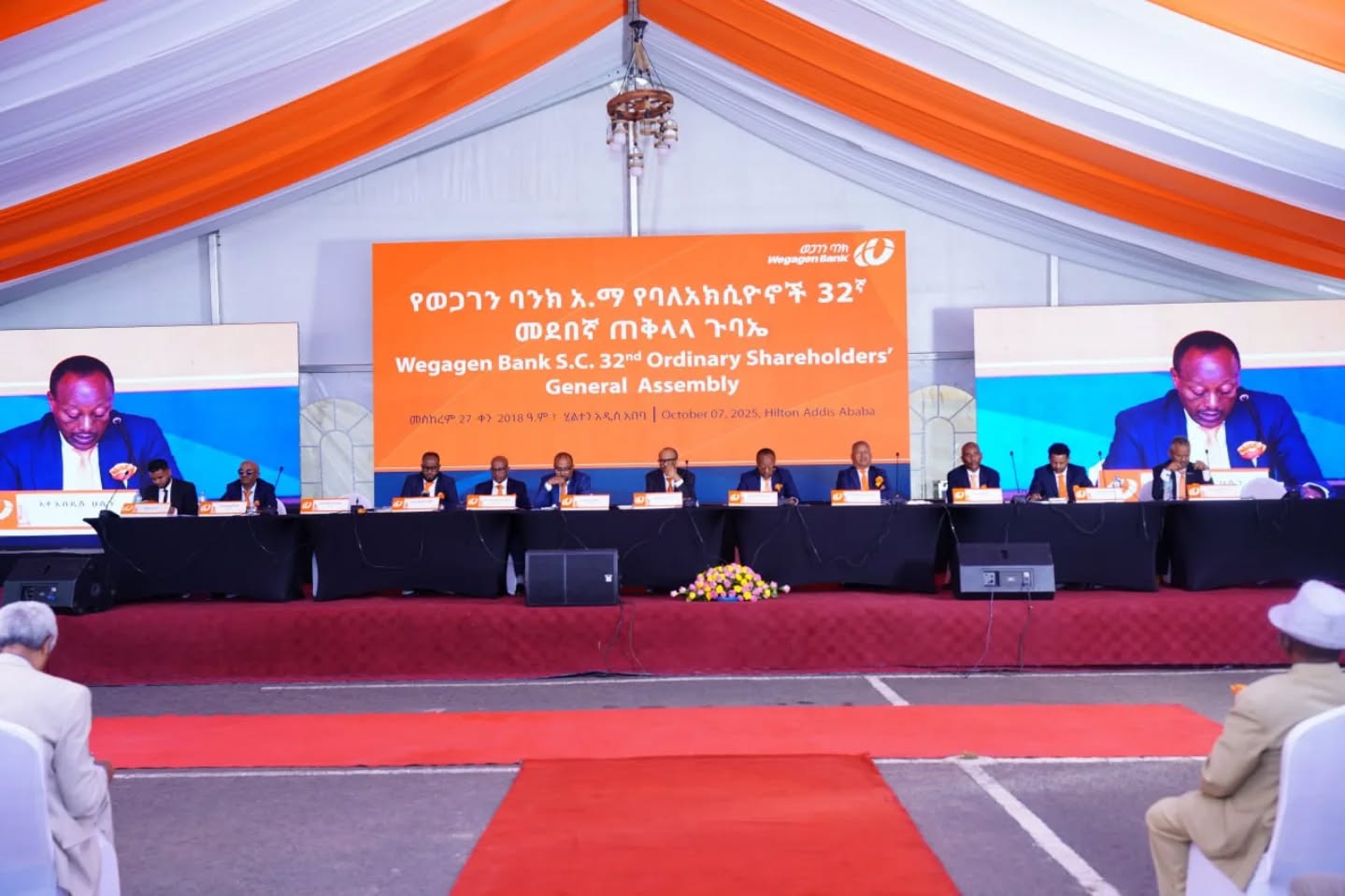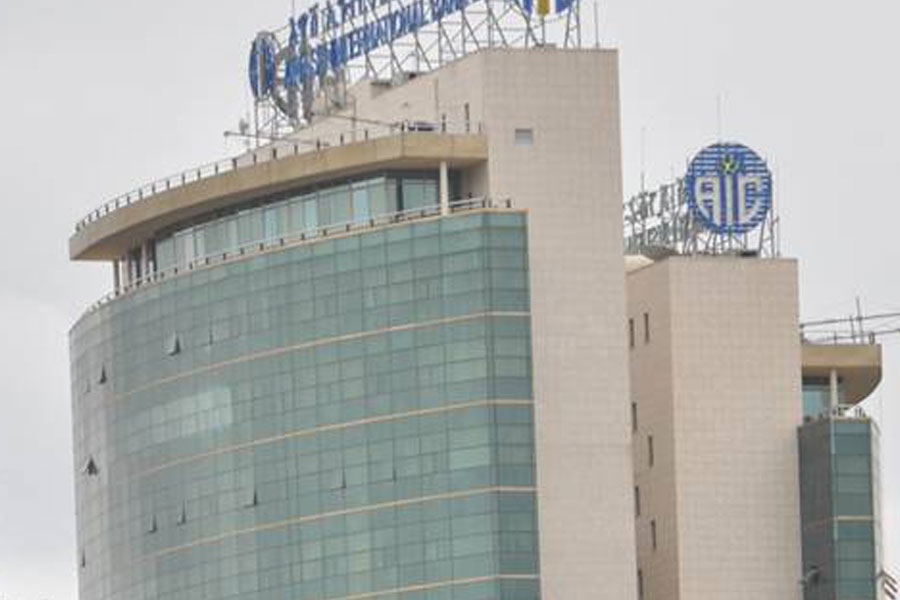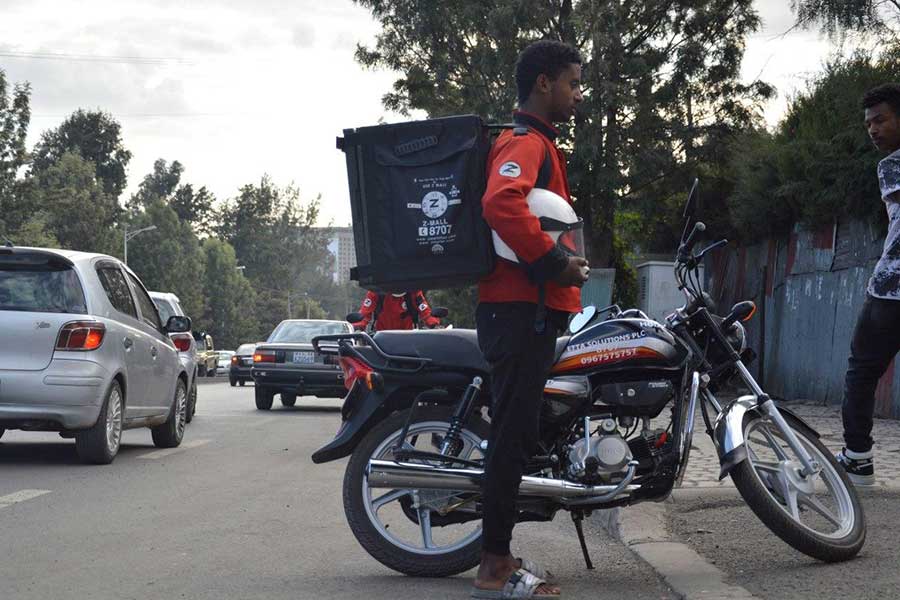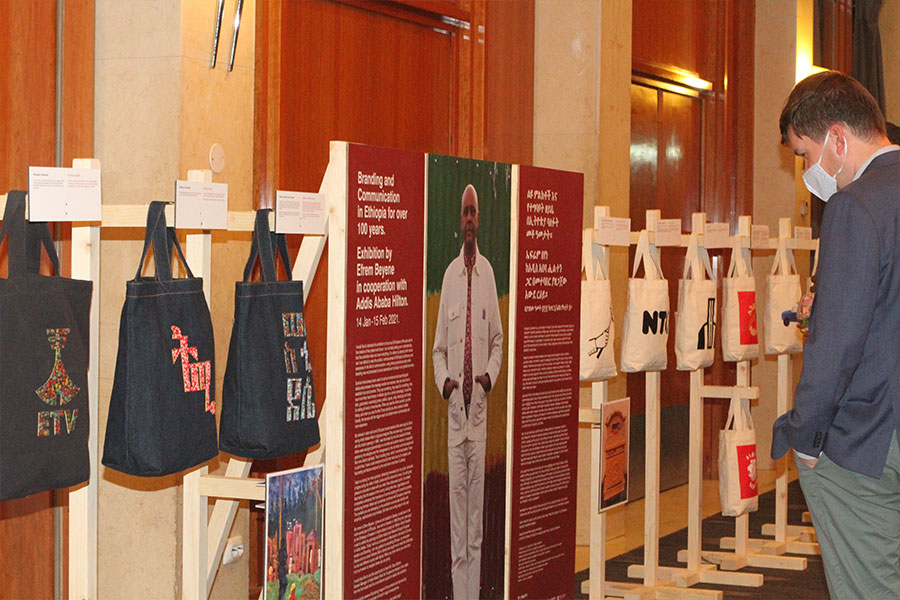
Once in a while, even the most efficient services falter. That’s what happened the day my host in the small German city of Heilbronn accompanied me to the train station for my trip to Frankfurt. With two daily train schedules available, morning and afternoon, he had chosen the latter to spare me an uncomfortable layover at the airport. It seemed like a thoughtful plan: we spent the morning packing, chatting, and enjoying a warm breakfast. Nothing suggested the chaos to come.
We arrived early at the platform, casually brushing off the feisty bite of autumn cold. But as the expected arrival time passed without the train in sight, a vague discomfort set in. My friend checked the schedule on his app: a slight delay. Nothing serious.
Still, the minutes dragged on. My friend kept refreshing the updates, muttering to himself in German, which only made my anxiety worse. Finally, a formal announcement confirmed it: the train was cancelled. No explanation. Just an apology.
The bombshell announcement was a total disaster that was like a bolt from the blue. The German railway system, famed for its punctuality, had let me down at the worst possible time. My flight home was non-negotiable, and missing it simply wasn’t an option.
Without hesitation, my friend sprang into action. With no time to lose, he tossed my bags into his Audi, set the GPS for Frankfurt, and hit the Bundesautobahn; a marvel of German engineering with no general speed limit. He navigated the 150Km stretch with clinical precision, sometimes cruising at 180Km/h.
What would be madness in Addis is mundane in Germany. Even the 130Km/h speed limit of the very few sections of the autobahn considered safe by German standards would have been insanely dangerous in Addis. But German cars made the drive look like a walk in the park. The speedometer was the only indication of how fast we were going.
Time sped even faster than the Audi on the autobahn. We reached the airport with only minutes to spare. We zigzagged through terminals, bolted up elevators, and ran full speed to check in. The mad dash through the airport, bags in tow, felt like a scene straight out of Home Alone. Only this was no comedy, it was panic, stress, and exhaustion. We finally made it a few minutes before closing and hugged in the most unceremonious and hasty goodbye ever.
After clearing customs, I finally sat down to catch my breath. But peace was fleeting. A German woman’s voice pierced the air, calling a name over and over. It took a moment to recognize it – but to my astonishment, it was my grandfather’s name. “Mr. Mulissa?” she asked as I approached. I nodded, breathless. She sighed in relief and ushered me onto the boarding bridge.
Somewhere, I imagined my late grandfather chuckling at the absurdity of it all. A hard working rural landowner with acres of fertile barley and wheat farm, he wouldn’t have imagined a foreign woman would be crying out his name from across the seas. Reality is stranger than fiction! Let God rest the quiet, independent and no nonsense Grandpa’s soul in peace.
That brush with chaos came to mind just last week when I tried to drive across Addis on a day I should have known better. A major religious celebration had turned roads around Mekedonia into a parking lot. Still, I needed to get my car to the repair shop – a task that would take hours.
With much ado and the vital role of the traffic police, I finally managed to appear at the Ayat square at which point I decided to take a detour to avoid the highway. My shortcut was met with a wall of unannounced roadwork. The road was impassable. My only option was to turn back and loop back through Ayat, wasting nearly an hour and a half, only to end up where I started.
By the time I reached the workshop near my destination, I was frustrated, angry, and completely drained. A simple trip to drop off my car turned into a two-hour ordeal. Unlike Germany’s failed but communicated service, Addis offered no warning. No updates. No signage. Just frustration.
Addis is transforming, an infrastructure boom happening at breakneck speed. But with rapid development comes the responsibility to communicate. This isn't just about road closures. It's about service. In today’s connected world, there's no excuse for a lack of real-time updates.
Yet here, road closures happen without notice. There are no live alerts or no digital heads-up. Just a sea of yellow-vested workers who, instead of guiding or informing, seem more focused on reprimanding. It’s hard not to think back to France’s Yellow Vest Movement, a grassroots uprising born from similar frustrations with poor governance. But unlike their French counterparts, our local "yellow vests" are part of the system, and their mission should be service, not enforcement for enforcement’s sake.
There’s a missed opportunity here. Influencers, journalists, and everyday citizens with large online followings could easily step in to fill the communication gap. Instead of endless political rants or online personal squabbles, why not share real-time updates about road conditions, traffic, or service disruptions? The tools are in place – social media, GPS, messaging apps – but they’re grossly underused for public service.
There’s no shame in experiencing service disruptions: be it road closures, power outages, or water interruptions. These are inevitable in the course of progress. What is inexcusable, however, is lack of communication on such disruptions in a timely and effective manner.
The only real difference between the cancelled train in Germany and my aimless, frustrating drive through downtown Addis is just that: communication. In Frankfurt, I was informed – albeit late – through an official app.That was all that was needed to give me the narrow time window to redeem my plan. In Addis, I was left to guess and was left at the mercy of random but kind neighbourhood individuals to solve the conundrum. If users are given timely updates about service delays or disruptions, they can plan ahead, adapt, and avoid unnecessary hardship. It’s not the disruption in any form be it road closure, or service interruption that hurts most; it’s the silence.
We like to say Addis stands shoulder to shoulder with Frankfurt in technological capabilities. Progress is undoubtedly much desired and welcome but working around avoidable obstacles by simple communication and flow of information resources is of paramount importance. This is not only for the benefit and convenience of residents but also saves the economy in terms of less fuel burn, lost times, pollution reduction and many incalculable costs, stress and anxiety chiefly among them.
After all, it’s the public that takes the brunt of the erratic, sporadic, spontaneous and uncoordinated services.
Addis roads can always be closed at any point in time for an endless host of reasons: religious festivities, VIP movement, road construction, mourning, etc. The point isn’t that services won’t fail; they will. Communication is as good and important as the massive infrastructural undertaking underway. While development and a bright future are most welcome at some inevitable, it is steps that will cost nothing other than attention that will do wonders to make life easier today.
PUBLISHED ON
Apr 13, 2025 [ VOL
26 , NO
1302]


Viewpoints | May 07,2022

View From Arada | Jan 29,2022

Fortune News | Jan 26,2019

Commentaries | Apr 17,2020

Fortune News | Jul 03,2021

Fortune News | Apr 04,2020

Radar | Jun 22,2019

Fortune News | Mar 14,2020

Radar | Jan 16,2021

Radar | Apr 15,2024

Dec 22 , 2024 . By TIZITA SHEWAFERAW
Charged with transforming colossal state-owned enterprises into modern and competitiv...

Aug 18 , 2024 . By AKSAH ITALO
Although predictable Yonas Zerihun's job in the ride-hailing service is not immune to...

Jul 28 , 2024 . By TIZITA SHEWAFERAW
Unhabitual, perhaps too many, Samuel Gebreyohannes, 38, used to occasionally enjoy a couple of beers at breakfast. However, he recently swit...

Jul 13 , 2024 . By AKSAH ITALO
Investors who rely on tractors, trucks, and field vehicles for commuting, transporting commodities, and f...

Oct 4 , 2025
Eyob Tekalegn (PhD) had been in the Governor's chair for only weeks when, on Septembe...

Sep 27 , 2025
Four years into an experiment with “shock therapy” in education, the national moo...

Sep 20 , 2025
Getachew Reda's return to the national stage was always going to stir attention. Once...

Sep 13 , 2025
At its launch in Nairobi two years ago, the Africa Climate Summit was billed as the f...